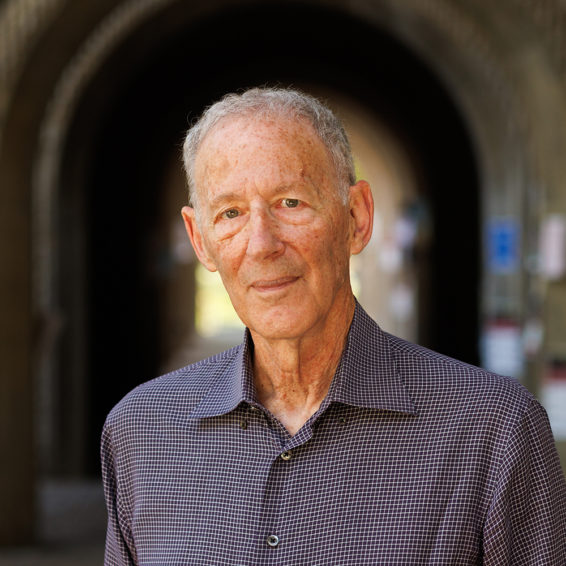Law and Psychology
JD/PhD — Law and Psychology
There are nearly as many intersections between law and psychology as there are areas of policy regulation. Conflict resolution and negotiation; judgment and decision-making capacity; prejudice and stereotyping; criminal responsibility; competency; assessment of evidence, including the reliability of eyewitnesses, and lie detection; hedonics; developmental psychology and educational policy; addiction and drug policy—these are just a few of the frontiers open to scholars and practitioners educated in both law and psychology.
Stanford has a rich tradition of collaboration between its psychology department and law school, with faculty members co-authoring publications, and students working together and enrolling in interdisciplinary programs. Stanford’s psychology department has long been considered the strongest in the nation, with an atypical breadth of scholarly strength that supports a wide range of student interests. Stanford is also one of the nation’s leading centers for neuroscience research, bringing together biologists, psychologists, social scientists, and policymaker-lawyers to deepen our understanding of the brain.
Students pursuing a JD/PhD in law and psychology generally go on to academic careers in law schools, psychology departments, policy jobs, and think tanks. However, issues pursued through this joint degree program are also highly relevant to legal practice. Every day, litigators and negotiators make strategic decisions based on accounts of human decision-making. Those who regulate markets make decisions based on accounts of how people process distinct sorts of information. Those who work with medical ethicists make judgments that depend on assumptions about competency or the nature of pain.
Special Requirements
Students must have completed a year of law school before entering the psychology department or have completed a year of psychology graduate school before applying to the law school.
Course Requirements
As many as 54 quarter units of approved courses may be counted toward both degrees. No more than 31 quarter units of approved courses that originate outside the law school may count toward the law degree.
The maximum number of law school credits that may be counted toward the PhD in psychology is the greater of: (i) 36 quarter units; or (ii) the maximum number of units from courses outside the department that PhD candidates in psychology are permitted to count toward the PhD under general psychology department guidelines or in the case of a particular student’s individual program.
Note to applicants: The Knight-Hennessy Scholars program awards full funding to Stanford graduate students from all disciplines, with additional opportunities for leadership training and collaboration across fields. Joint Degree applicants are encouraged to apply to the Knight–Hennessy Scholars Program. Please be aware that the Knight-Hennessy Scholars applications are due in early Autumn one year prior to enrollment. View dates and deadlines: knight-hennessy.stanford.edu/dates-and-deadlines.









